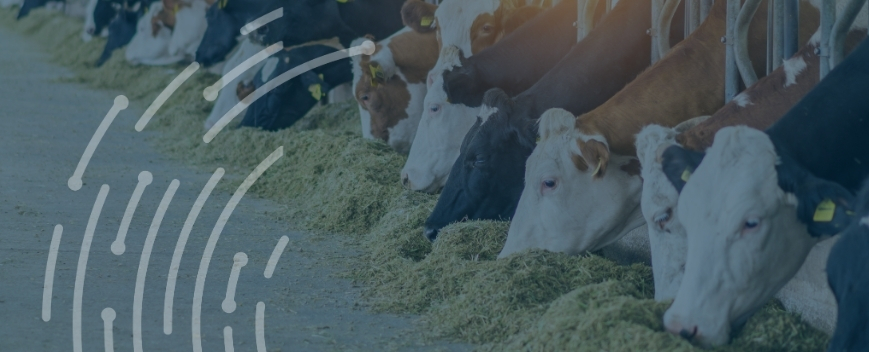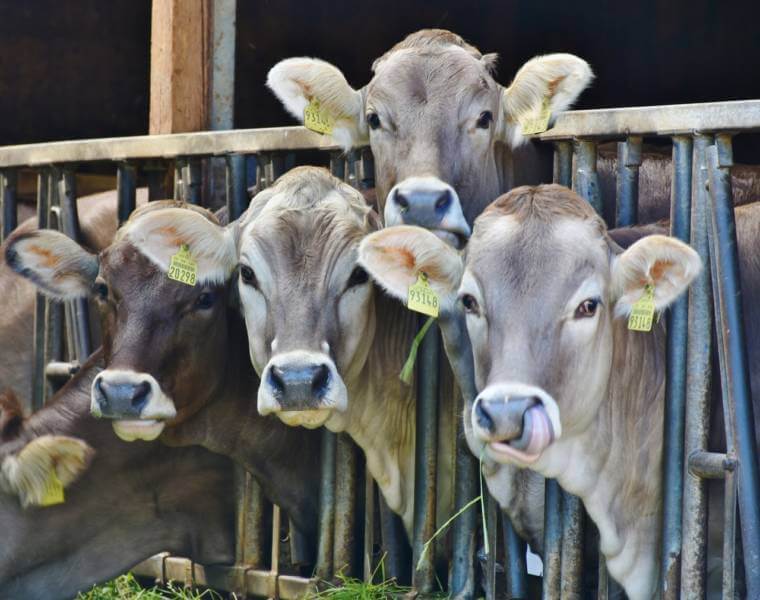Farming & Livestock Finance (SIC 01470)

Access trade, receivables and supply chain finance
We assist companies to access trade and receivables finance through our relationships with 270+ banks, funds and alternative finance houses.
Get startedBenefits
- Free up working capital to invest in your business
- Fast turnaround – get the finance you need quickly on terms that work for you
- Service new customers to grow revenues and profits
Content
What is Farming & Livestock Finance?
A substantial proportion of the meat and livestock products consumed in both developed and developing economies derives from trade across international borders. Despite the political complexity of tariff barriers between many major nations; strict customs procedures aimed at maintaining nations’ biosecurity, and practical complexities involved with transporting live animals and animal products across borders, export values for beef and other livestock products continue to grow with this demand. As the value and quantities of transactions grow, this trade is becoming increasingly hard to manage for a highly capitalised industry which is traditionally well exposed to cashflow issues.
Farming & Livestock Trade Finance
UK domestic demand for farming and livestock products tends to rest on the needs of a small group of large food producers, which in turn supply the supermarket-dominated retail market. Although some businesses are export focused, many UK livestock businesses are extremely sensitive to price fluctuations in dairy, beef, and other meat sectors, looking to capitalise on advantageous exchange rates to increase exports where practical and profitable. However, on a global scale, demand for meat and meat products has been underpinned by rising demand for poultry meat, which has consistently risen faster than the rate of global population growth in the last fifty years. Moreover, meat and dairy consumption is rising around the world, including in the advanced economies where much of it is produced.
Meeting the capital requirements of retail banks in order to obtain finance to invest in future growth can be hard for farming and livestock producers. Many tend to be highly capitalised due to their asset-dense business, which can prevent them from securing finance conventionally despite their dependable revenue streams from relationships with key buyers, and raising finance through equity sales is rarely an option for family-owned farms. Trade financiers can support these businesses by connecting them with a wide network of alternative sources of lending. These private sources can offer bespoke lending terms which better suit producers’ financial situation. Specifically, by offering drastically reduced capital requirements on their lending and more flexible repayment terms to grant producers the ability and time to transport and sell their receivables.
Products financed
Key cleaning products financed include:
Raising:
- Dairy cattle
- Other cattle and buffaloes
- Horses & equines
- Sheep & goats
- Swine/pigs
- Poultry
- Other animals
And:
- Mixed farming activity
- Farm animal boarding & care
- Support activities for animal production (other than farm animal boarding & care)
- Support activities for crop production
Farming & Livestock Finance Requirements
- Your business has dependable revenue streams underpinned by strong supplier relationships
- Your business is creditworthy
- You can demonstrate that finance will enable you to conduct a profitable transaction
How the transaction works
Businesses interested in trade finance submit a request for credit, just as they would for a regular bank loan. Having provided an overview of your business, your accounts receivable, and your future business expectations, and a full business plan detailing the venture you are seeking finance for, Trade Finance Global’s trade experts can assess your plans for operational risk to yourself and any financial backer. Upon completion, TFG can connect you with a network of private lenders who understand the venture you are undertaking and can offer terms that suit your needs. Once the finance is approved, TFG will also facilitate the transaction between buyer and seller. By ensuring quality receivables are shipped on time through use of bespoke trade finance tools such as letters of credit, TFG can mitigate the risks to all parties posed by an international transaction and maximise profits from potential investments.
What is the SIC Code for Trade in Farming & Livestock?
SIC Code
01410
Raising of dairy cattle
Other SIC Codes that could also be used are:
Businesses raising livestock are grouped under a series of eight SIC codes:
- 01410 Raising of dairy cattle
- 01420 Raising of other cattle and buffaloes
- 01430 Raising of horses and other equines
- 01440 Raising of camels and camelids
- 01450 Raising of sheep and goats
- 01460 Raising of swine/pigs
- 01470 Raising of poultry
- 01490 Raising of other animals
Four other codes are reserved for businesses engaged in activities which support the farming and livestock trade:
- 01500 Mixed farming
- 01610 Support activities for crop production
- 01621 Farm animal boarding and care
- 01629 Support activities for animal production (other than farm animal boarding and care) n.e.c.
Separate information regarding sector-specific trade financing is also available for firms engaged in producing or trading Cereal, Crops and Oil Seeds; Spice, Aromatic, Drug and Pharmaceutical Crops; and Fruit.
Full tariff schedules for live animals and live animal products can be found on gov.uk.
Case Study

Livestock Farm, Farming & Livestock Finance
For our business, it was uncertainty over international buyers’ conduct that held us back from engaging in international ventures. It seemed crazy to assume the cost and legal risk of transporting valuable livestock to a buyer who might not pay or comply with their regulatory obligations. TFG were with us every step of the way; releasing the finance at the right times, giving us credit assurances that the buyer would pay, and monitoring the transaction itself as our livestock were transported to the buyer. Thank you TFG!!





















